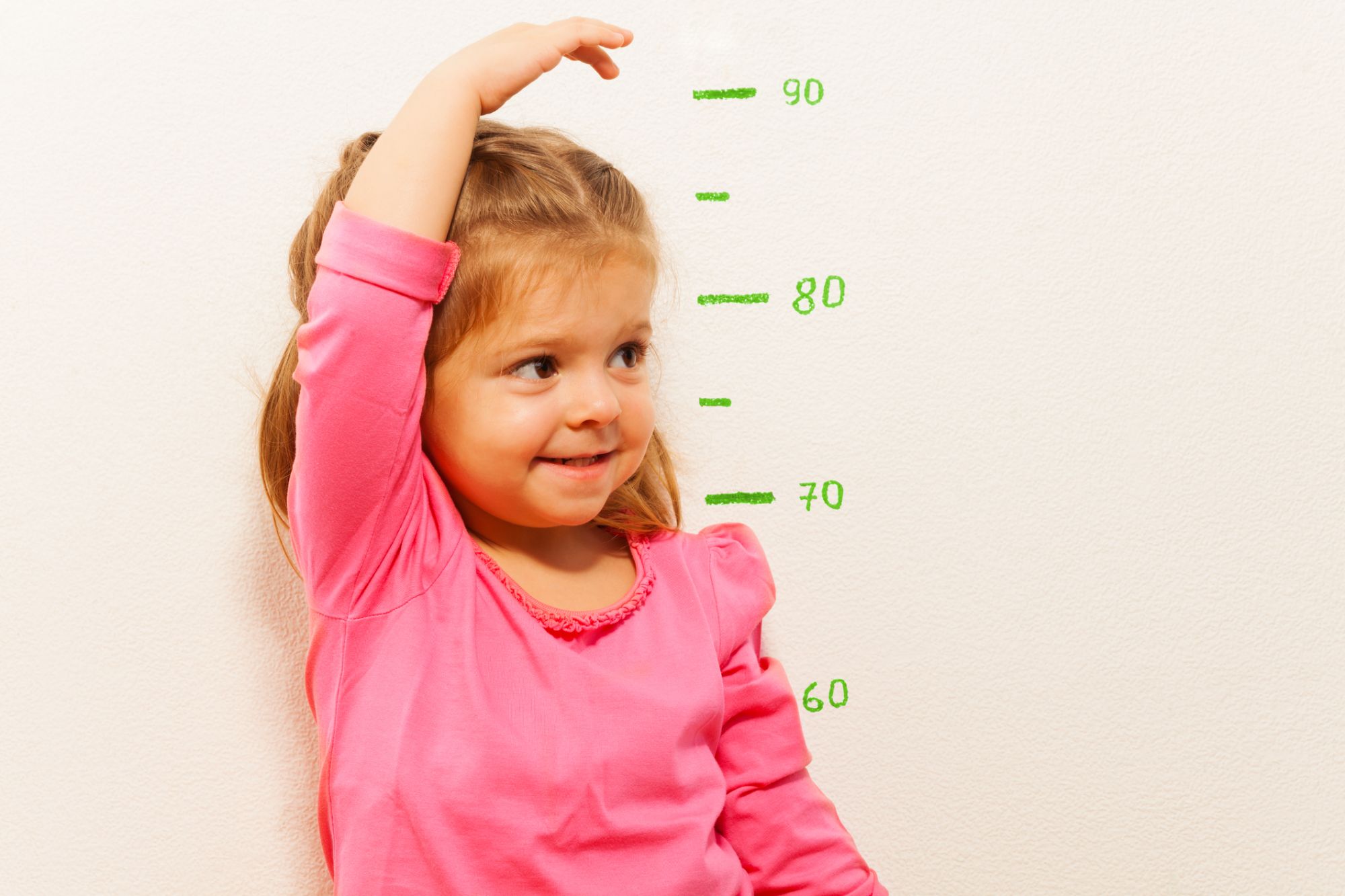NHD Paediatric Hub
Should dietitians be part of the MDT for children diagnosed with ADHD?
ADHD, Attention Deficit Hyperactivity Disorder is a neurodevelopmental condition which usually starts in early childhood with the core ADHD behaviours typically present before the age of seven.
ADHD is a well-defined and consists of three key symptoms:
- Inattention: Children cannot concentrate and often cannot focus for prolong times on tasks and forget instructions
- Impulsiveness: Children speak and act without thinking which can be accompanied with outbursts of temper
- Hyperactivity: Children are often restless, fidgety and find it hard to sit still.
It is important to remember that, whilst there are key symptoms, each child has a different mix of symptoms which can impact family life, school and relationships with friends.

Diet can not cause ADHD nor can it cure it. However, some changes in the diet can affect behaviour. Research around ADHD and food is emerging all the time and is an ever-growing space. Although there are very few well designed trials on diet and ADHD, it’s important to remember that all research in nutrition is hard. This is due to the difficulty in designing a blinded study involving real food, as the participants usually know. Therefore, whilst there is no general ADHD diet, there is certainly the case for individualised advice highlighting why dietitians should be at the forefront. Some of the key areas of diet in ADHD are listed below.

DIET
NICE guidelines recommend that children, young people and adults living with ADHD follow and appreciate the value of a balanced diet, good nutrition and regular exercise. (1) A recent extensive study, involved a survey of the parents of 134 kids with ADHD symptoms to fill in a detailed questionnaire about the typical foods the children ate, including portion sizes, over 90 days. Another questionnaire then asked parents to rate symptoms of inattention, which is a hallmark of ADHD, in their kids, including difficulty staying focused, not following instructions, difficulty remembering things, and difficulty regulating emotions. Results showed that children who consumed more significant amounts of fruits and vegetables showed less severe symptoms of inattention. (2)
Therefore, whilst the research is quite limited in ADHD and diet, the advice for overall health and nutrition is the same as that for any child.: limiting sugary and processed foods, increasing fruit, vegetables, grains, and healthy fats, and ensuring the child is growing well with a good weight and height for their age.
One barrier may be that ADHD medications can decrease appetite so therefore it’s important to consider if a child is underweight or has a limited diet due to consuming small amounts and, if so, advising higher energy foods appropriately.
PROBIOTICS
It has been suggested that the gut microbiome plays an important role in the gut-brain axis, and that dysbiosis may contribute to several neurodevelopmental disorders including ADHD. (3) This is due to the gut microbiome being able to impact brain development and functioning via its direct connections with the vagus nerve, its interactions with the immune system, and by altering neurotransmitters like serotonin. Thus, a way to alter the gut microbiome could be to take a probiotic.
A randomised control trial on the introduction of strain Lactobacillus rhamnosus GG (LGG) in patients with ADHD found that children and adolescents who received LGG supplementation reported better health-related quality of life compared with the placebo group. (4) However, no significant differences in the ADHD symptom ratings were reported by parents and teachers. (4)
This is an emerging area but, as concluded by a recent review, there needs to more evidence in this area before specific recommendations can be suggested. (5)
SUPPLEMENTS
Several studies have highlighted certain deficiencies of nutrients, mainly iron, zinc, magnesium, and vitamin B6, which are linked with ADHD symptoms. (6) It has, therefore, been proposed that addressing such deficiencies may help to reduce ADHD symptoms severity.
Research has mainly focused on iron and zinc supplementation in ADHD among children and adolescents, as papers have demonstrated that a deficiency in these two minerals was associated with impaired attention capacity and increased hyperactivity. It was also found that with additional supplementation, there was an improvement in ADHD symtoms. (6) However, a systematic review concluded that, whilst there is stronger evidence for zinc supplementation, this was still a controversial area and more controlled clinical trials are needed. (7)
Rosi, et al., (2020) reviewed 42 RCTs that included different supplementation categories and found most studies reported beneficial effects in a wide array of treatment outcome measurements. (8) For instance, 8 out of 14 studies looking at Polyunsaturated fatty acid supplementation alone found significant improvements in attention, working memory, emotional problems and behaviour as reported by parents and teachers. However, most of the studies included had different trial durations, methodologies, and outcome measures, so it was concluded that it was not possible to carry out a meta-analysis that would have provided more rigorous evidence for specific supplementation. (8) There is also the issue that some medications utilised in ADHD come with contraindications and side effects that can affect the diet, so working in MDT which involves a dietitian vital.
OMEGA-3S
Omega-3 fatty acids can help in supporting brain function. Some studies show that omega-3s help with hyperactivity, impulsivity, and concentration among children and adults with ADHD. (9) The evidence for its influence on ADHD symptoms is mixed, as seen by around half of the studies shown in Rosi et al's 2020 systematic review, which reported no changes. (8)
A more recent systematic review focusing on omega-3 supplementation alone, totalling 926 participants, concluded there was little supportive evidence to validate the claim that omega-3 supplementation can reduce the degree of ADHD symptoms in children and adolescents. (10) Therefore, NICE guidelines do not advise supplementing patients with dietary fatty acid supplementation for treating ADHD among children and young people. (1) Thus, the advice goes back to encouraging a balanced diet, with two weekly portions of fish, one of which is oily or having rich omega-3-containing seeds, such as flaxseeds and linseeds, as this is sufficient to meet daily omega-3 or omega-6 fatty acid daily requirements. However, on an individual basis, if the child dislikes these strong-tasting fish flavours, a dietitian may want to consider supplementation for general health.
ELIMINATION DIETS
Elimination diets have limited evidence and lead to nutritional deficiencies, so caution is advised and should only be undertaken with dietetic support. One of the main elimination diets in this area is based around gluten- and casein-free foods and trialling low-allergen foods. In this area alone, a different article could be written due to the varying degrees of evidence and success reported. NICE advises not to use exclusion diets such as gluten and casein-free diets due to the risk of deficiencies in certain nutrients, especially in children, as this may lead to weight loss and affect growth. (1)

FOOD ADDITIVES
Intakes of artificial additives have been associated with an increase in hyperactivity. (11) However, there is not enough strong evidence at the moment to support this approach as a form of treatment. NICE guidelines do not advise the elimination of artificial colouring and additives from the diet as a generally applicable treatment for children and young people with ADHD. (1) However, NICE does recognise that, in some cases, omitting food colourings can be warranted if a child exhibits hyperactivity after eating certain foods. (1) EU rules now require foods containing additives to have a warning label listing adverse effects on children’s attention and behaviour. (12.) If it is suspected that a child displays symptoms with certain food additives, implementing a food diary to evaluate any potential association between certain foods and behaviour would be useful in creating a specific dietary elimination under the supervision of dietitian.
CONCLUSION
With all these different aspects of diet needing to be considered, dietitians should be valuable members of the ADHD healthcare team. This article only sums up some of the key areas but there are lots more aspects of nutrition that should be considered. Therefore, dietitians play a vital role in ensuring children have proper symptom management and adequate diets for growth. It is important too, that children are not commenced on supplementation or elimination diets without unnecessary guidance.
Takeaway Tips::
- Dietitians should treat patients on an individual basis depending on their current symptoms and typical diet. Food symptom diaries are often helpful in these cases.
- Dietitians should try to ingrate themselves into the MDT involved in ADHD management and ensure they keep up to date with the latest evidence.
- Key nutrient deficiencies include omega-3, vitamin D, B vitamins, iron, and zinc. These should only be supplemented if recommended amounts cannot be met through the diet and high doses should be avoided. In most cases, dietitians may feel more comfortable to recommend a multivitamin rather than a single supplement.
- Elimination diets should not be advised, especially not without dietetic involvement.
Instagram: @paediatricdietitian
Twitter: @ellie_may-evans
Ellie-May Evans, RD
NHS Rotational Dietitian, Paediatrics
References
- Recommendations: Attention deficit hyperactivity disorder: Diagnosis and management: Guidance (no date) NICE. Available at: https://www.nice.org.uk/guidance/ng87/chapter/Recommendations#dietary-advice (Accessed: 01 June 2023).
- Robinette, L.M. et al. (2022) ‘Fruit and vegetable intake is inversely associated with severity of inattention in a pediatric population with ADHD symptoms: The maddy study’, Nutritional Neuroscience, 26(6), pp. 572–581. doi:10.1080/1028415x.2022.2071805.
- Mathee, K. et al. (2020) ‘The gut microbiome and neuropsychiatric disorders: Implications for attention deficit hyperactivity disorder (ADHD)’, Journal of Medical Microbiology, 69(1), pp. 14–24. doi:10.1099/jmm.0.001112.
- Kumperscak, H.G. et al. (2020) ‘A pilot randomized control trial with the probiotic strain lactobacillus rhamnosus GG (LGG) in ADHD: Children and adolescents report better health-related quality of life’, Frontiers in Psychiatry, 11. doi:10.3389/fpsyt.2020.00181.
- Kalenik, A. et al. (2021) ‘Gut microbiota and probiotic therapy in ADHD: A review of current knowledge’, Progress in Neuro-Psychopharmacology and Biological Psychiatry, 110, p. 110277. doi:10.1016/j.pnpbp.2021.110277.
- Granero, R. (2022) ‘Role of nutrition and diet on Healthy Mental State’, Nutrients, 14(4), p. 750. doi:10.3390/nu14040750.
- Granero, R. et al. (2021) ‘The role of iron and zinc in the treatment of ADHD among children and adolescents: A systematic review of randomized clinical trials’, Nutrients, 13(11), p. 4059. doi:10.3390/nu13114059.
- Rosi, E. et al. (2020) ‘Use of non-pharmacological supplementations in children and adolescents with attention deficit/hyperactivity disorder: A critical review’, Nutrients, 12(6), p. 1573. doi:10.3390/nu12061573.
- Chang, J.P.-C. et al. (2017) ‘Omega-3 polyunsaturated fatty acids in youths with attention deficit hyperactivity disorder: A systematic review and meta-analysis of clinical trials and biological studies’, Neuropsychopharmacology, 43(3), pp. 534–545. doi:10.1038/npp.2017.160.
- Abdullah, M. et al. (2019) ‘The effectiveness of omega-3 supplementation in reducing ADHD associated symptoms in children as measured by the Conners’ rating scales: A systematic review of randomized controlled trials’, Journal of Psychiatric Research, 110, pp. 64–73. doi:10.1016/j.jpsychires.2018.12.002.
- Pelsser, L.M. et al. (2017) ‘Diet and ADHD, reviewing the evidence: A systematic review of Meta-analyses of double-blind placebo-controlled trials evaluating the efficacy of diet interventions on the behavior of children with ADHD’, PLOS ONE, 12(1). doi:10.1371/journal.pone.0169277.
- EU rules Food Safety. Available at: https://food.ec.europa.eu/safety/food-improvement-agents/additives/eu-rules_en (Accessed: 01 June 2023).
